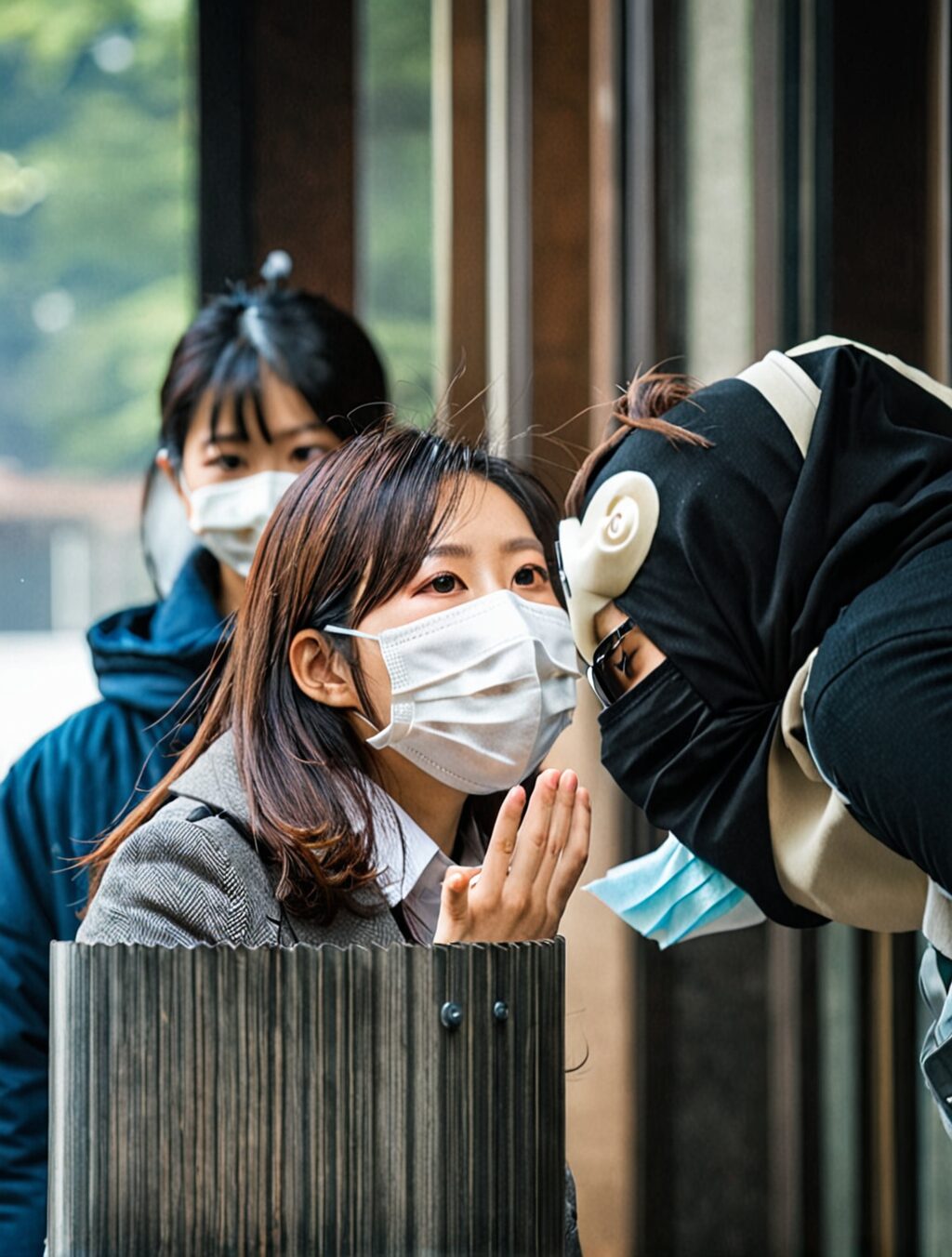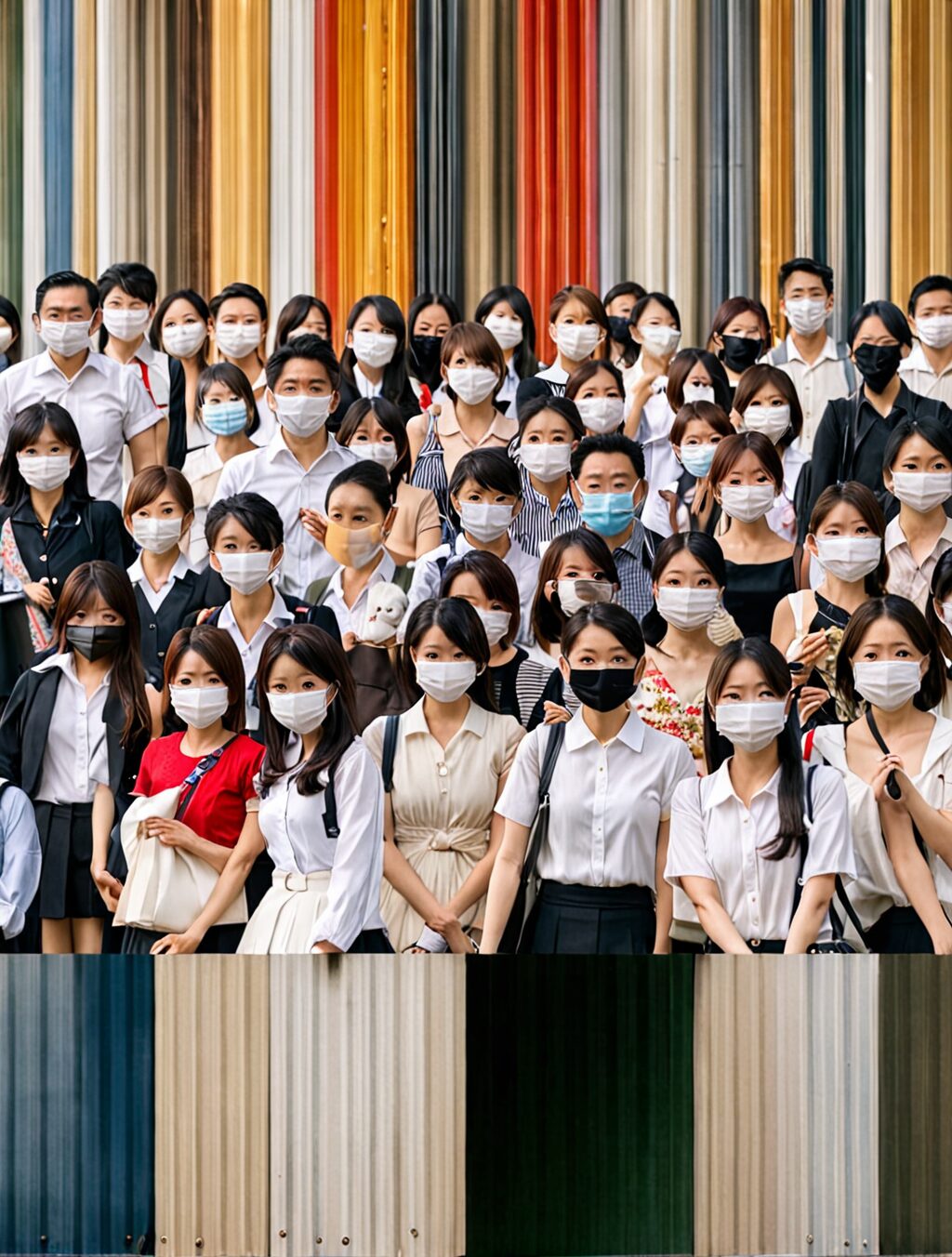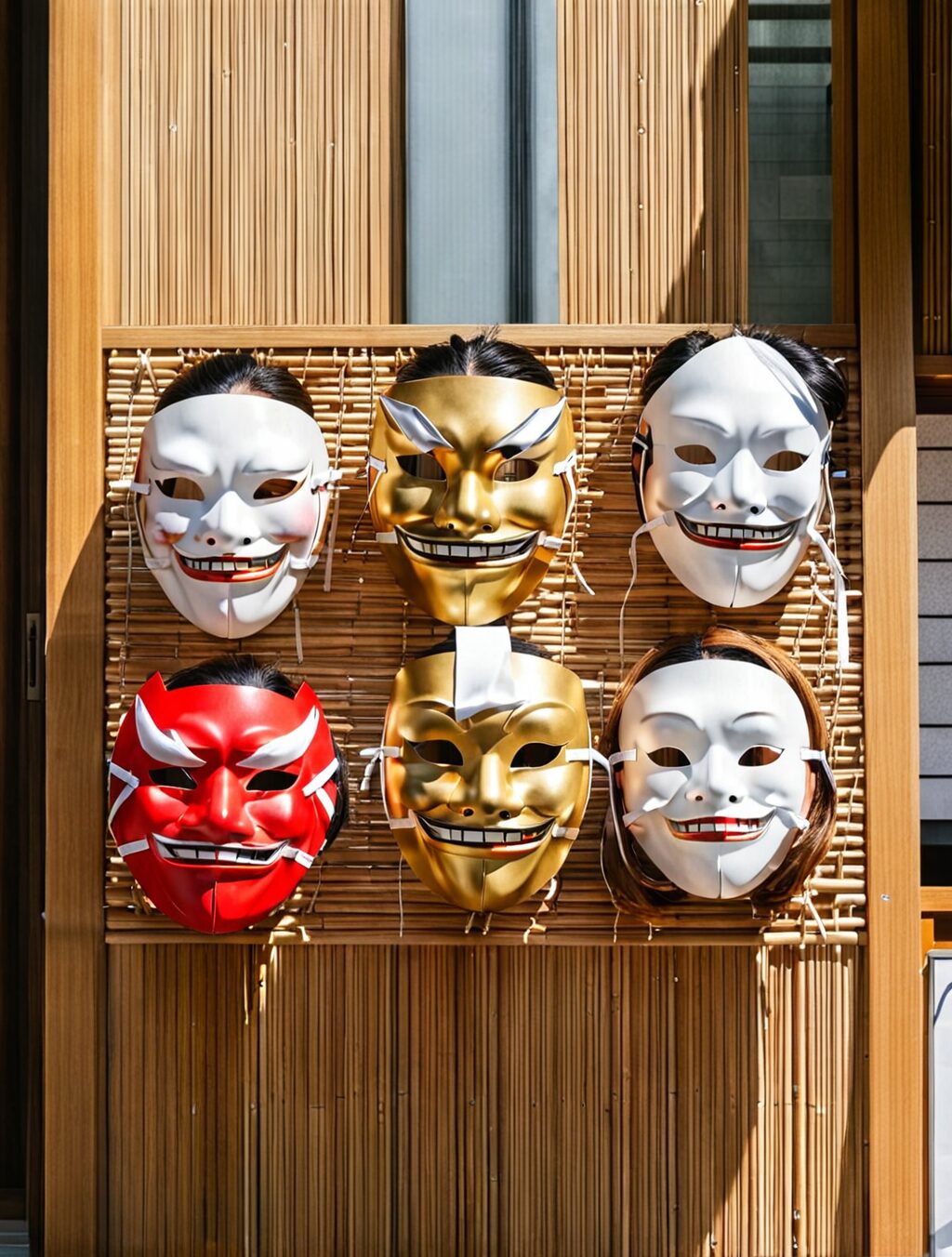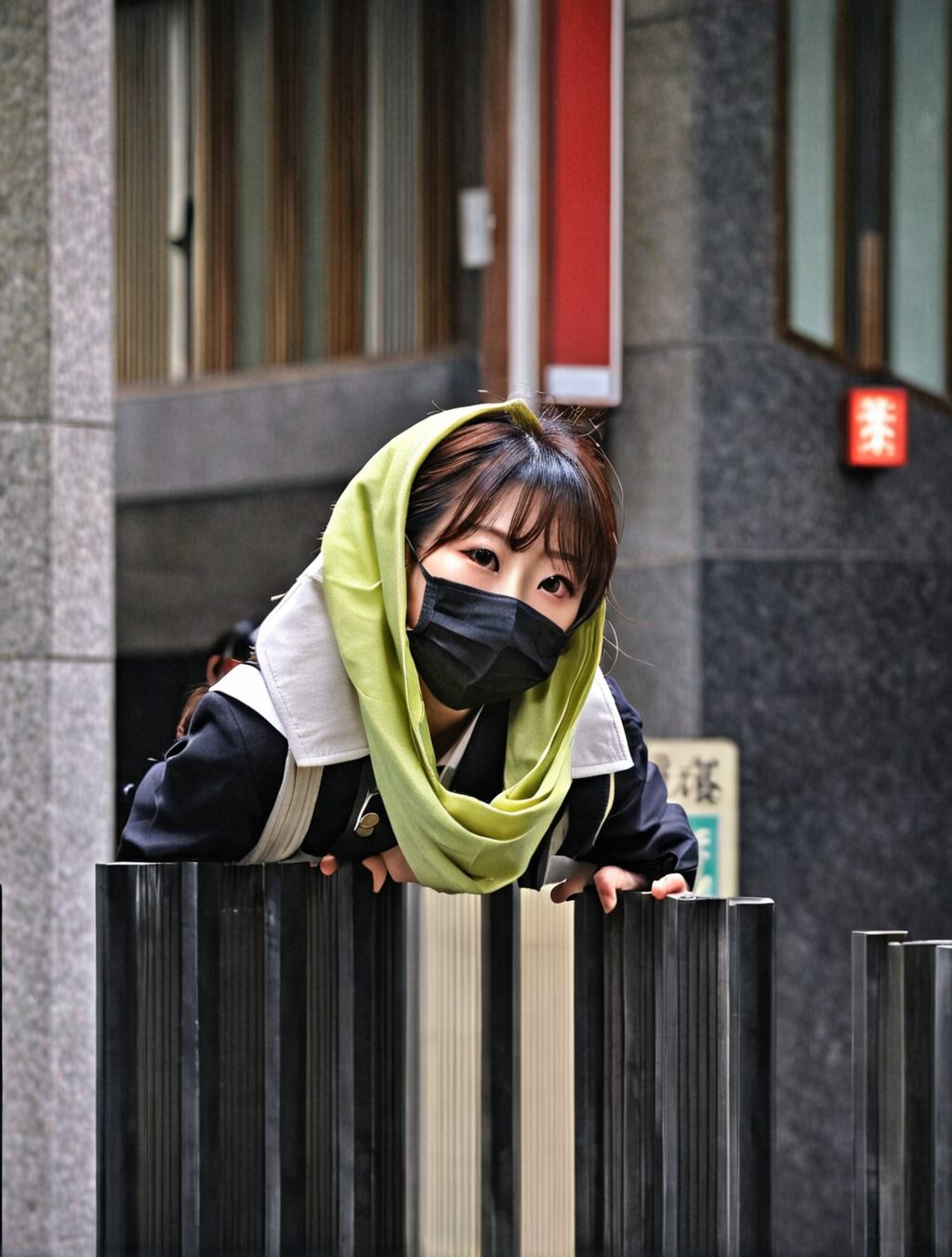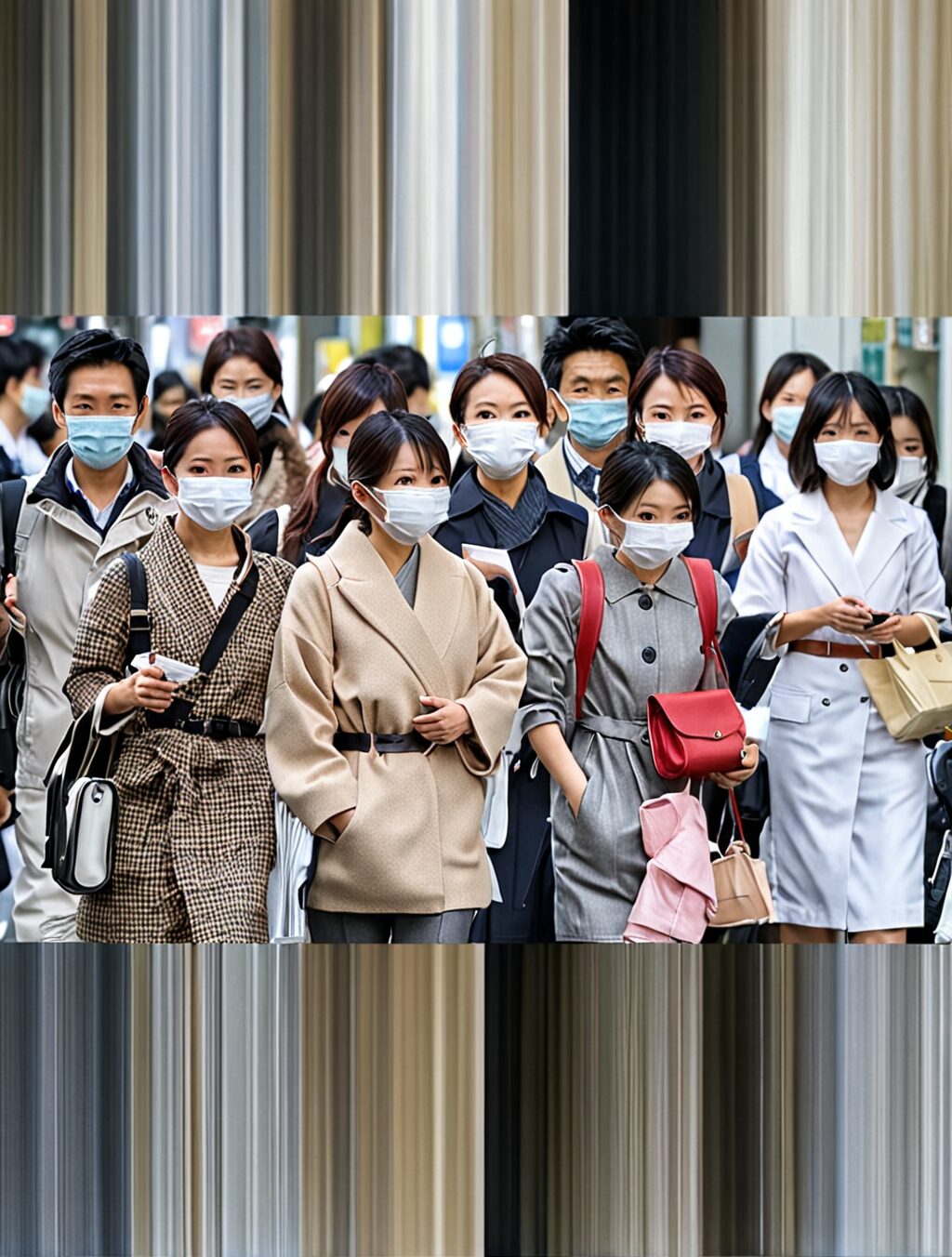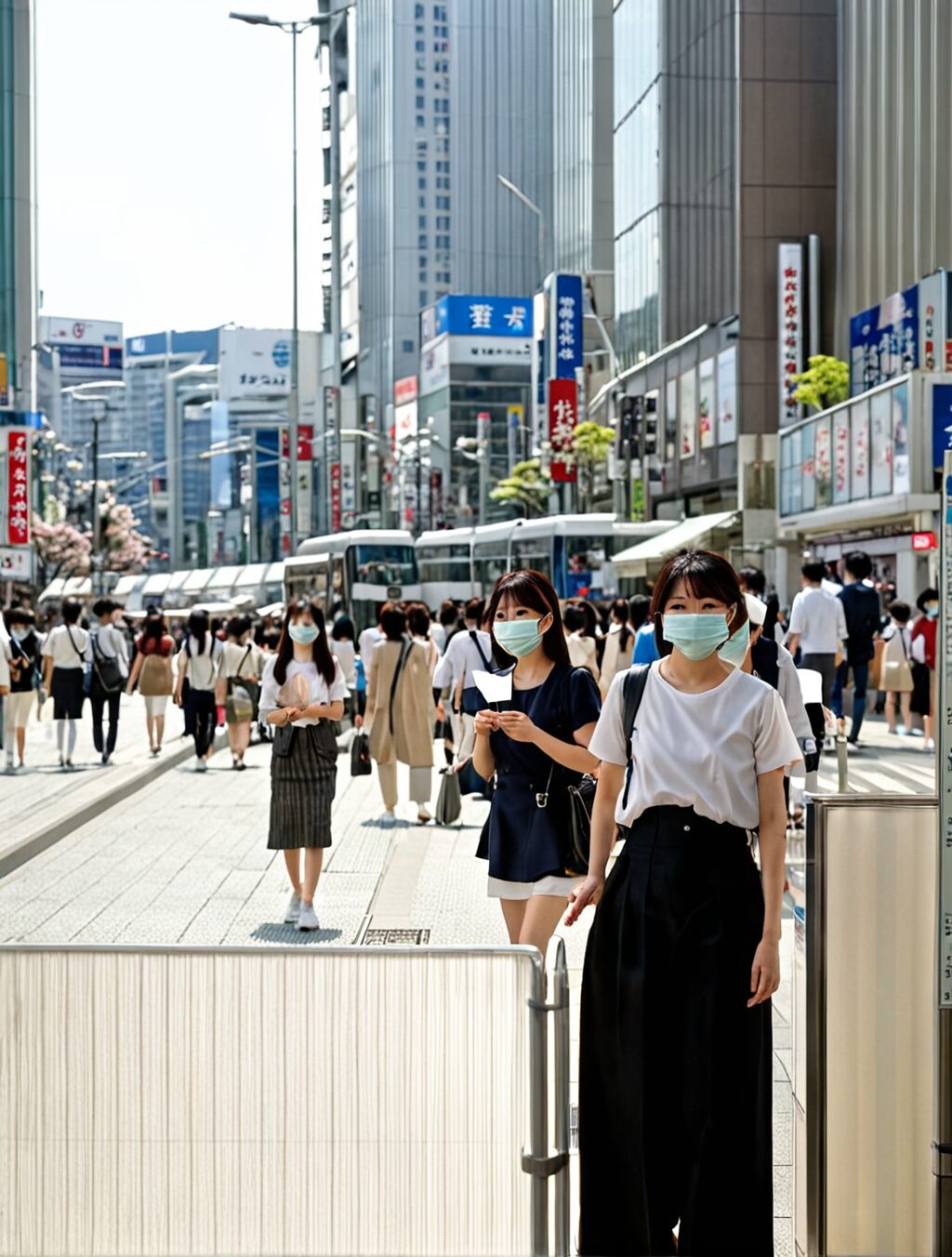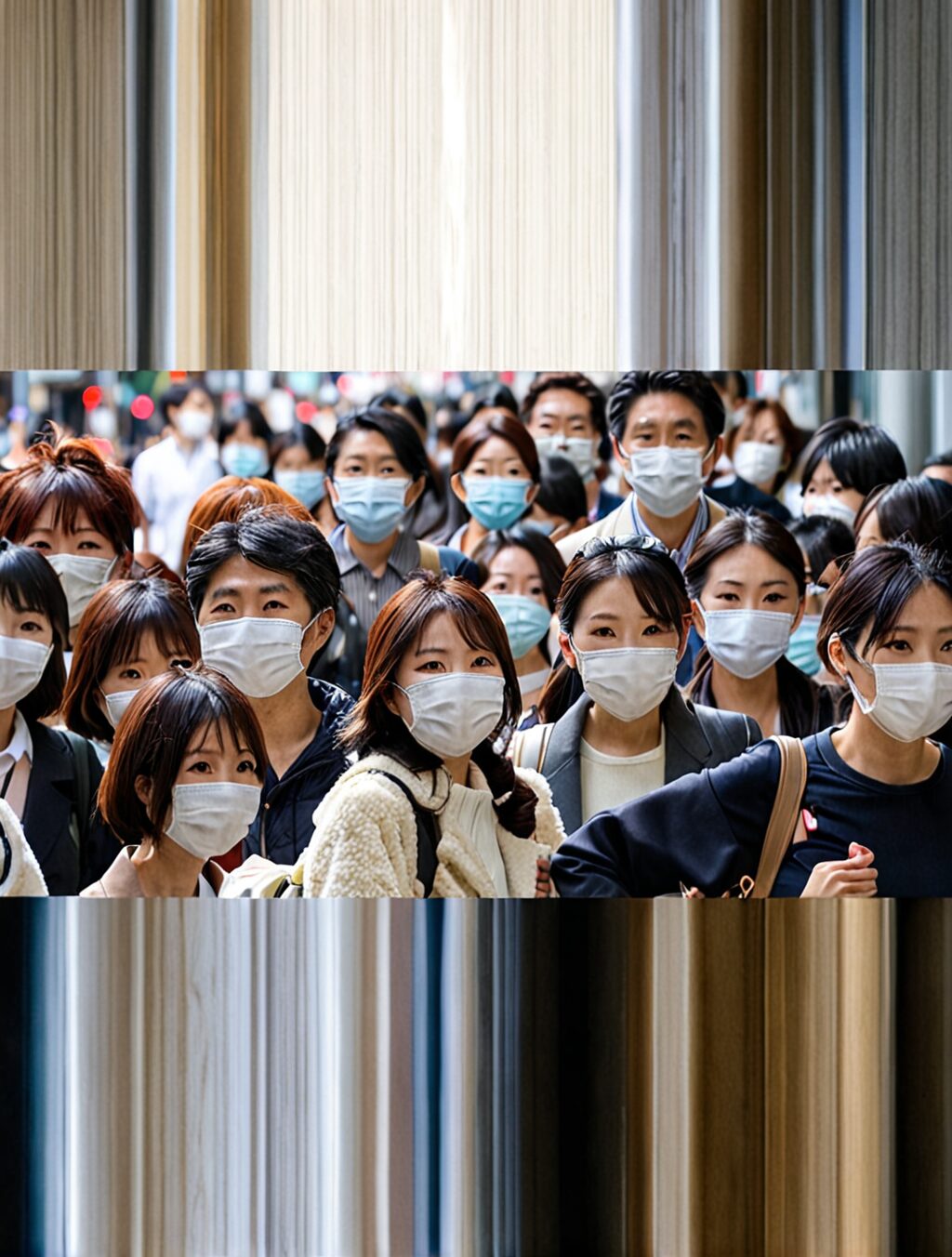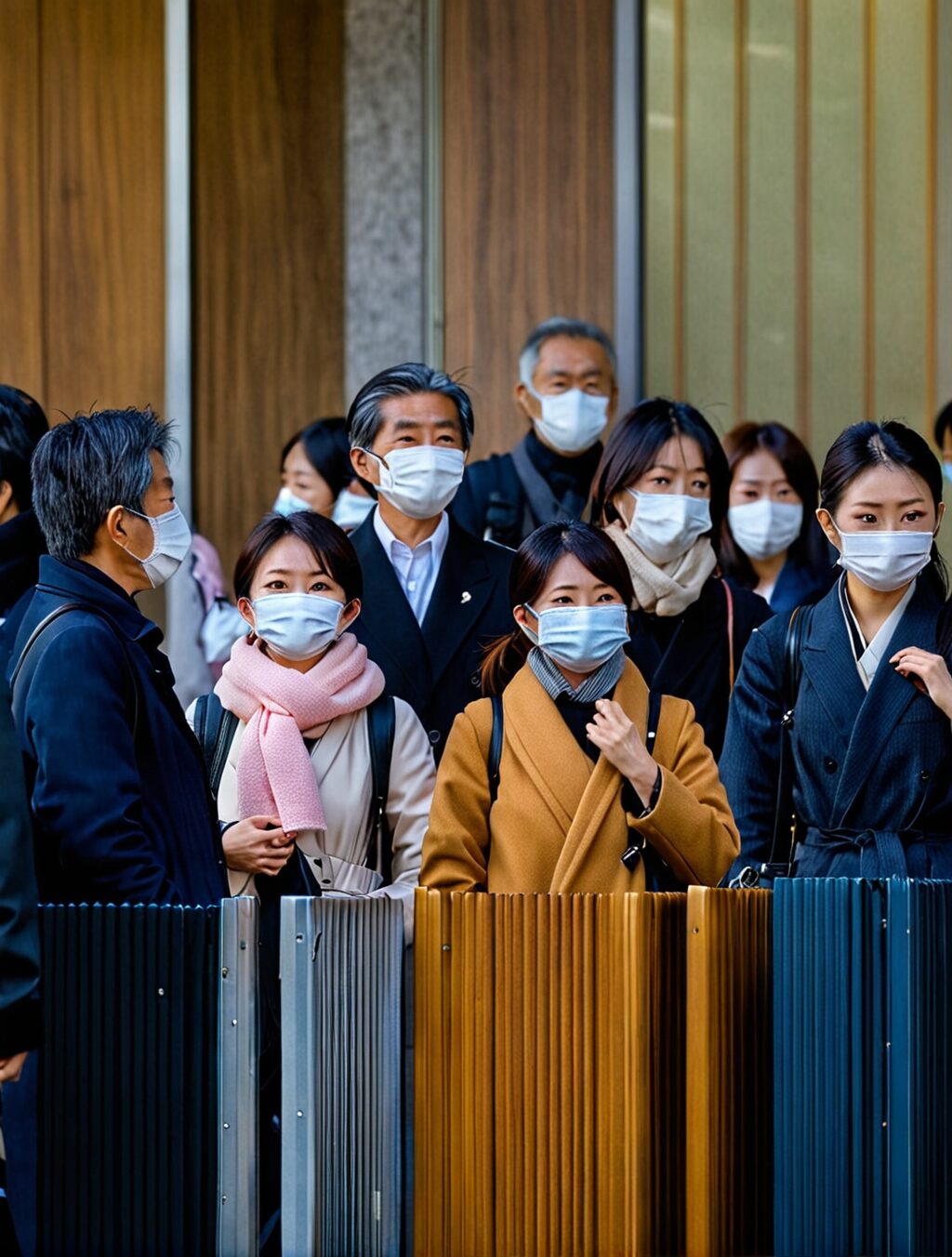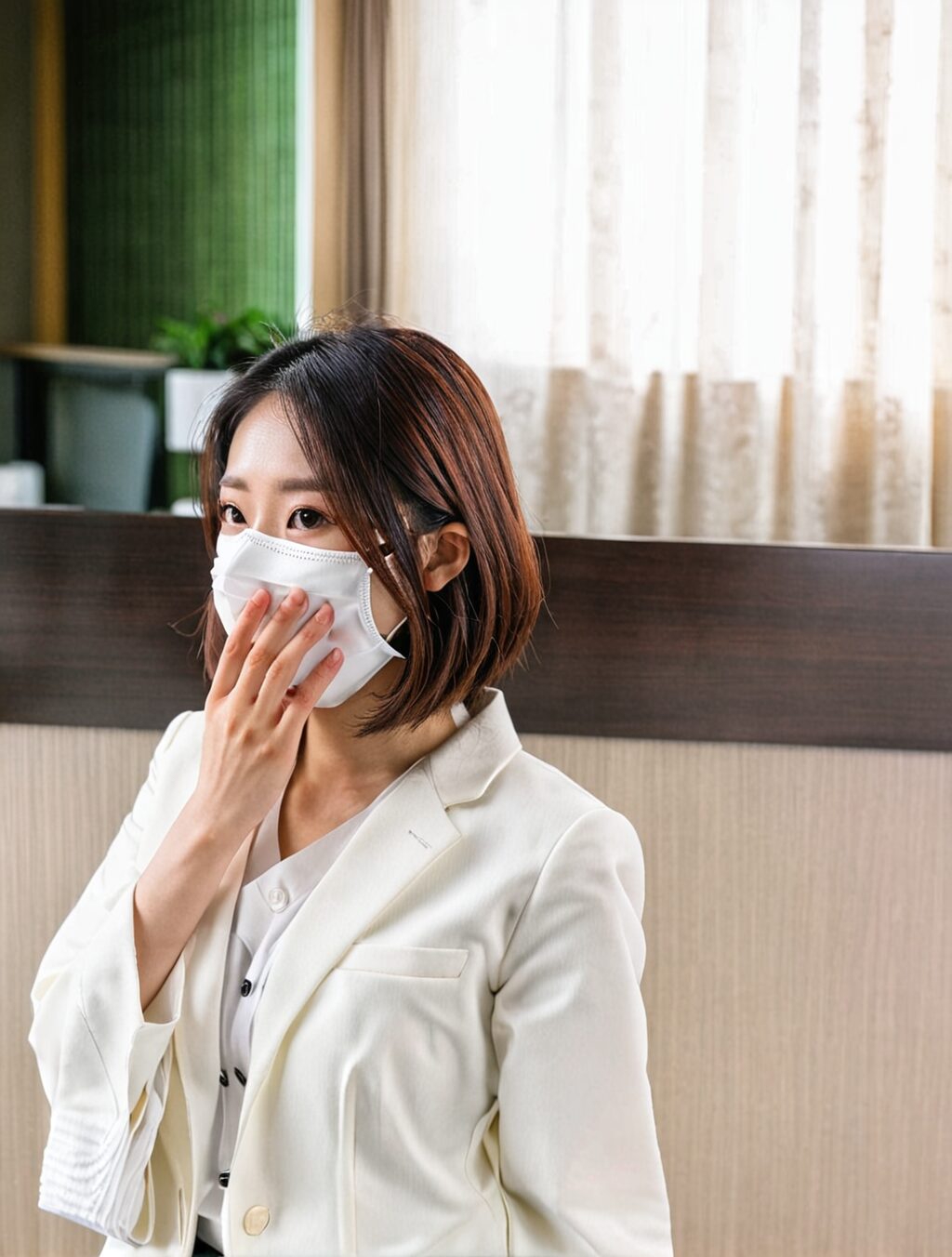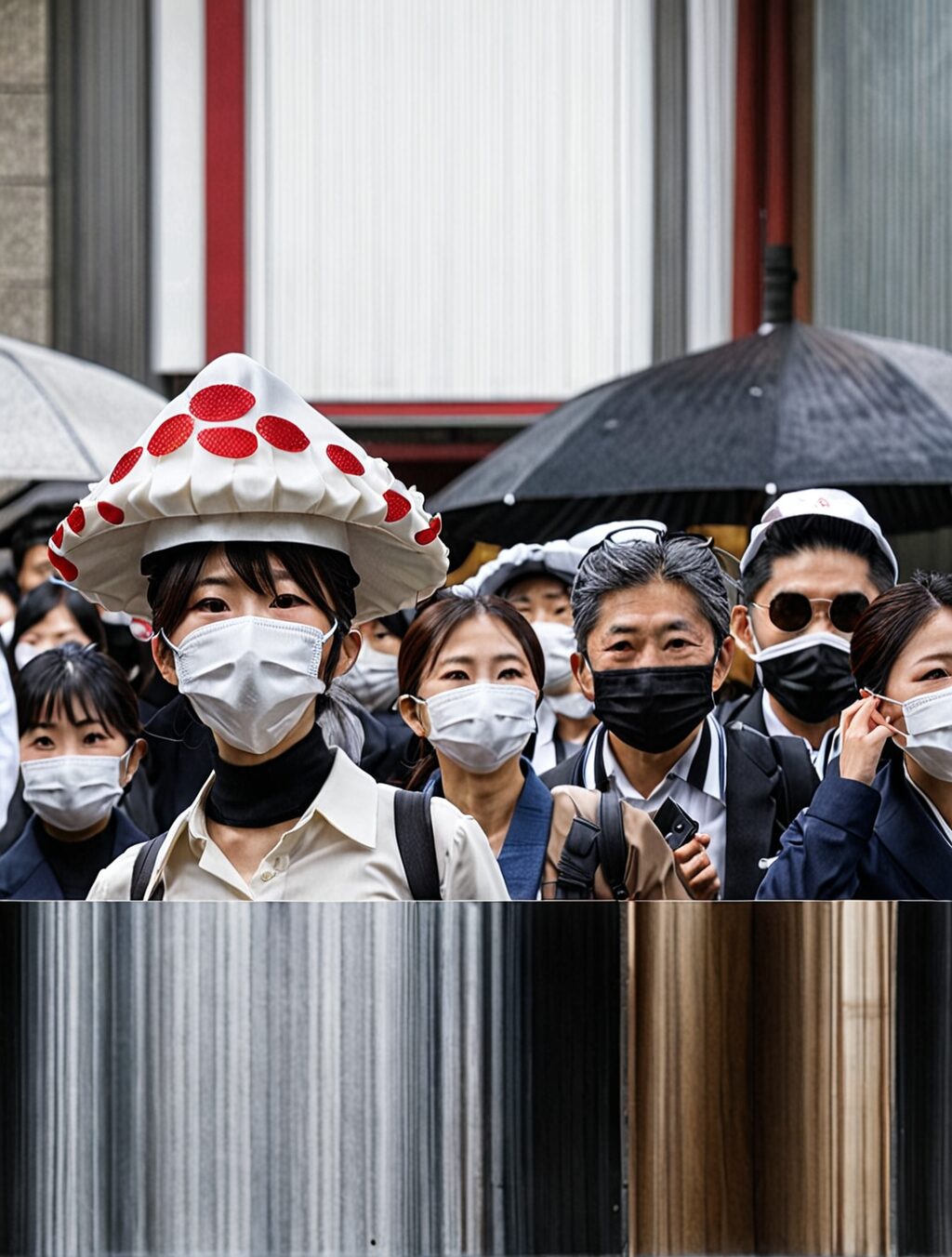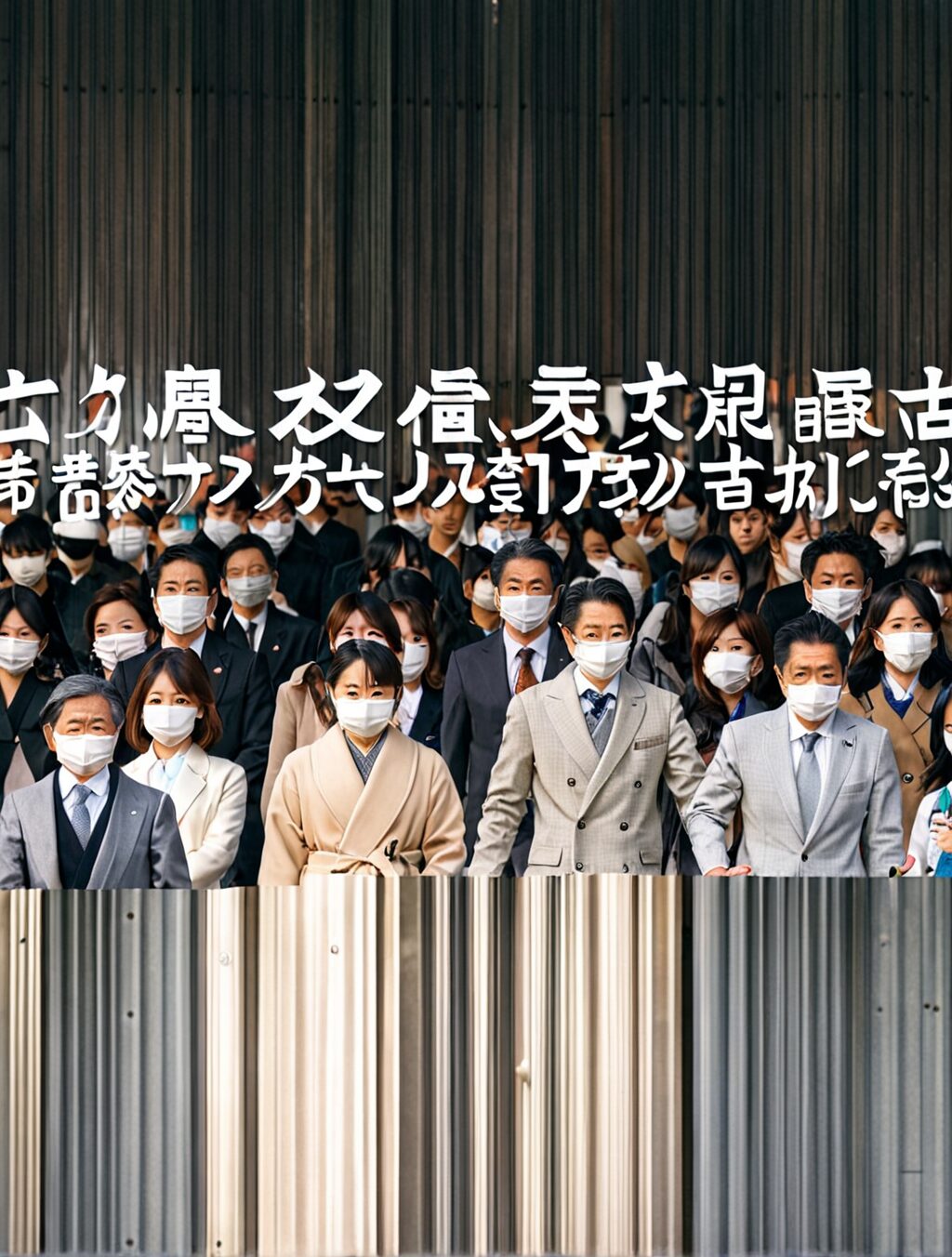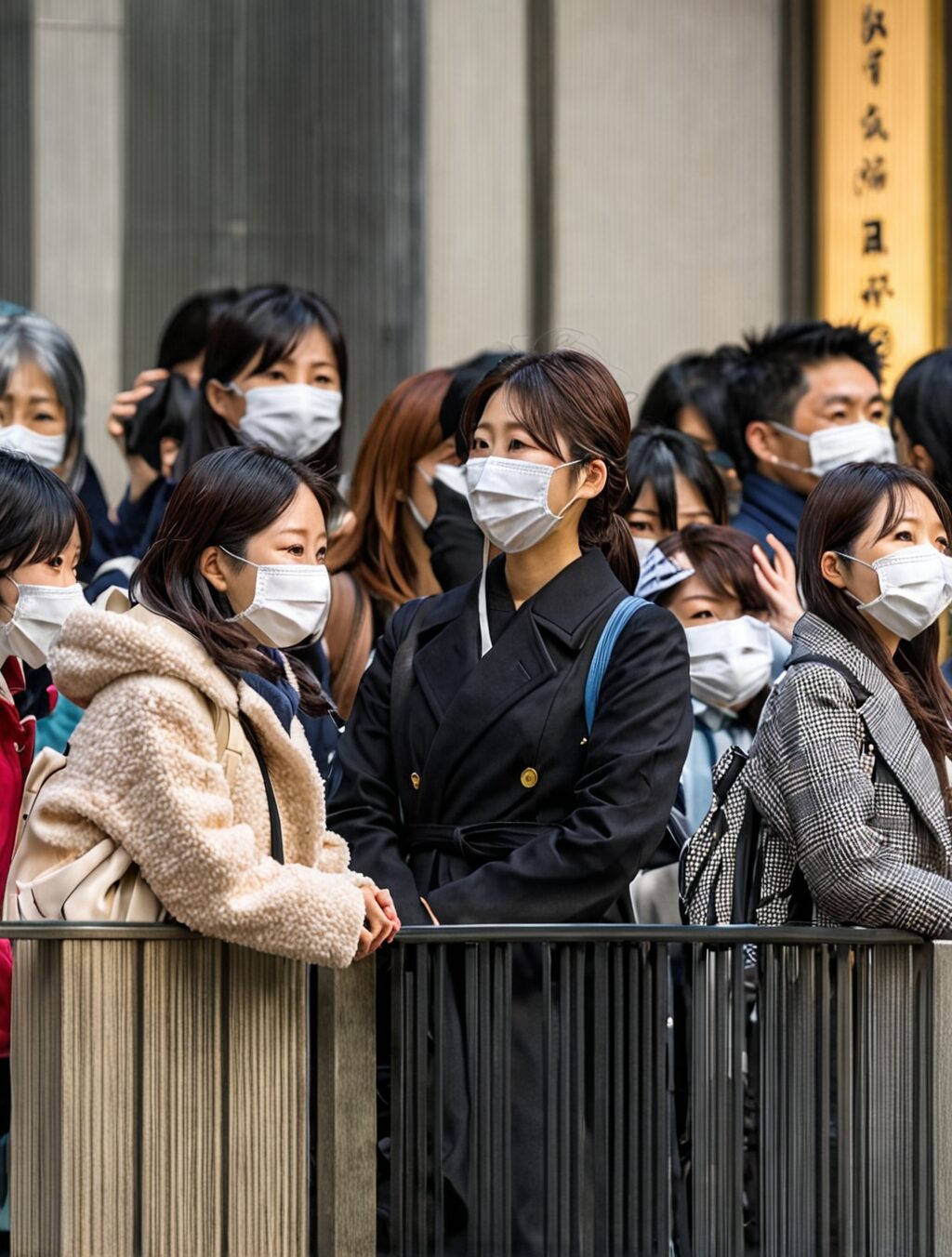Why Do People in Japan Wear Masks
Wearing face masks in public is a common practice in Japan, with a long history and cultural significance. While they are primarily used to prevent the spread of respiratory illnesses, face masks have also become a fashion statement and a way to express oneself. Here are some reasons why people in Japan wear masks:
- To prevent the spread of illness: Wearing a face mask can help prevent the spread of respiratory illnesses, such as the flu, colds, and COVID-19.Masks can help trap respiratory droplets that contain viruses and bacteria, reducing the risk of transmission to others.
- To protect themselves from pollutants: Air pollution is a concern in many Japanese cities, and wearing a face mask can help protect people from inhaling harmful pollutants, such as smog, dust, and pollen. Masks can act as a barrier, filtering out these pollutants and reducing their exposure to the respiratory system.
- To maintain personal space: In crowded urban areas like Tokyo, wearing a face mask can create a sense of personal space and privacy. Masks can help reduce face-to-face contact and provide a buffer between individuals, making some people feel more comfortable in crowded settings.
- As a fashion statement: Face masks have become a fashion accessory in Japan, with a wide variety of styles and designs available. From simple medical masks to colorful patterned masks, people use them to express their personality and style. Masks can complement outfits, add a touch of flair, and even match the latest fashion trends.
FAQs
Why do people wear masks in public in Japan?
To prevent the spread of illness and protect themselves from air pollution.
Are face masks mandatory in Japan?
No, face masks are not mandatory in Japan, but they are widely recommended and considered good etiquette during cold and flu season.
What types of face masks do people wear in Japan?
Surgical masks, cloth masks, and fashion masks are commonly worn in Japan.
Conclusion
Wearing face masks is a common practice in Japan for various reasons, including preventing illness, protecting from pollutants, maintaining personal space, and expressing oneself through fashion. While not mandatory, masks are widely accepted and considered a sign of consideration for others. The use of face masks has become an integral part of Japanese culture and everyday life.
why do people in japan wear masks
